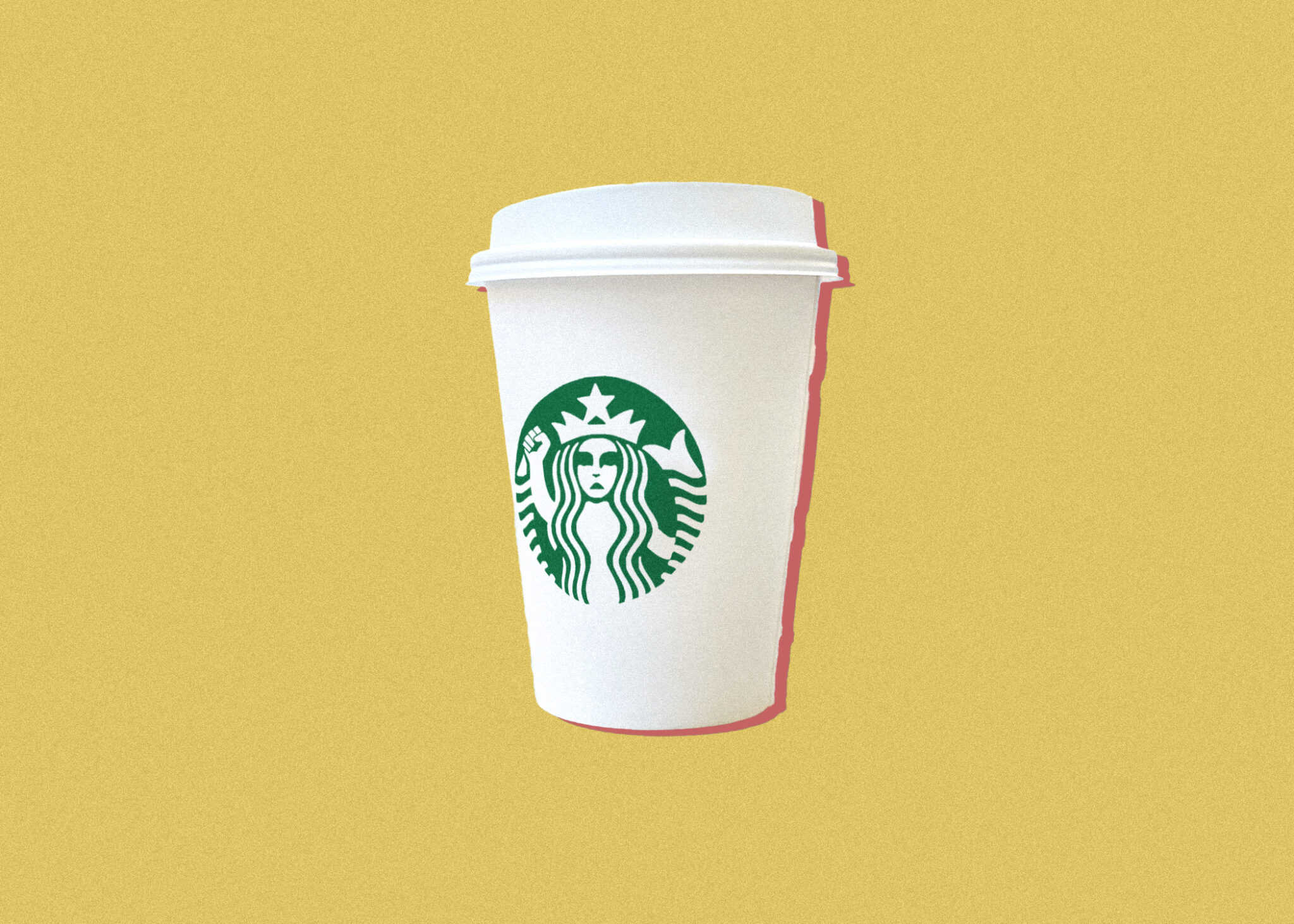
Travis Lavenski is a student at Harvard Law School.
In today’s news & commentary: Starbucks continues its anti-union agenda; New York Times workers protest push to return to the office; and Minnesota nurses officially go on strike.
Starbucks announced new benefits granting student loan relief tools and savings relief programs for workers at its non-unionized stores this week. The benefits are set to take place next Monday, September 19th. Workers’ rights advocates charge that the move is the company’s latest attempt to undermine the union effort. Just last month, the National Labor Relations Board charged Starbucks with illegally withholding proposed pay raises to unionized stores, marking the 24th NLRB charge against the coffee chain since workers organized in Buffalo last winter. Starbucks has claimed that they are not allowed to grant benefits to unionized workers unilaterally without running afoul of the National Labor Relations Act. However, Starbucks Workers United have waived their right to negotiate over such benefits awarded to other stores, suggesting an anti-union motivation for the company’s announcement.
More than 1,200 workers for the New York Times this week are working from home in defiance of the company’s push to return to in-person work. The workers, mostly journalists and tech workers, are organized with the NewsGuild and have been involved in contract renewal negotiations with the company for over a year. The company’s push to continue in-office operations was not bargained with the union, according to the union’s Twitter page. The union is calling on the Times to deliver “respect and a fair contract, without delay.”
Approximately 15,000 nurses in Minnesota officially went out on strike this week, becoming the largest private-sector nurses strike in American history. The strike is set to last for three days. As I previously wrote for the Blog, nurses organized with the Minnesota Nurses Association voted to strike last month over issues such as low pay, understaffing, and overworking. The pressure on nurses across the country has been immense since the beginning of the pandemic, and polling data has illustrated tangible detrimental effects as a result. Earlier this summer, Bloomberg reported that three-quarters of nurses surveyed reported feelings of burnout, while nearly half reported feelings of extreme stress, trauma, or PTSD. There are indications that nurses in other states may take collective action too, with nurses in Michigan overwhelmingly authorizing a strike earlier this month.






Daily News & Commentary
Start your day with our roundup of the latest labor developments. See all
December 22
Worker-friendly legislation enacted in New York; UW Professor wins free speech case; Trucking company ordered to pay $23 million to Teamsters.
December 21
Argentine unions march against labor law reform; WNBA players vote to authorize a strike; and the NLRB prepares to clear its backlog.
December 19
Labor law professors file an amici curiae and the NLRB regains quorum.
December 18
New Jersey adopts disparate impact rules; Teamsters oppose railroad merger; court pauses more shutdown layoffs.
December 17
The TSA suspends a labor union representing 47,000 officers for a second time; the Trump administration seeks to recruit over 1,000 artificial intelligence experts to the federal workforce; and the New York Times reports on the tumultuous changes that U.S. labor relations has seen over the past year.
December 16
Second Circuit affirms dismissal of former collegiate athletes’ antitrust suit; UPS will invest $120 million in truck-unloading robots; Sharon Block argues there are reasons for optimism about labor’s future.